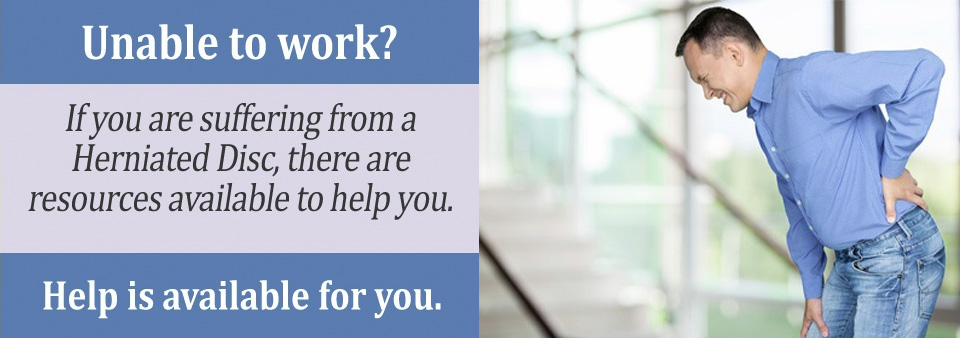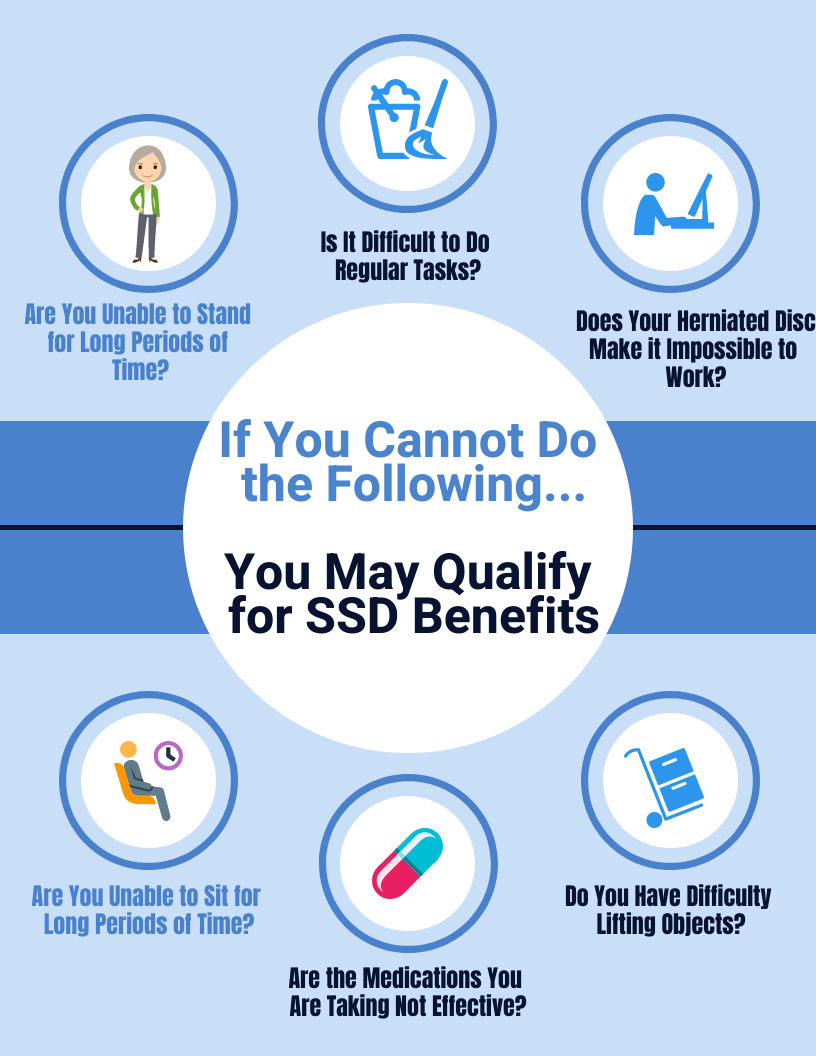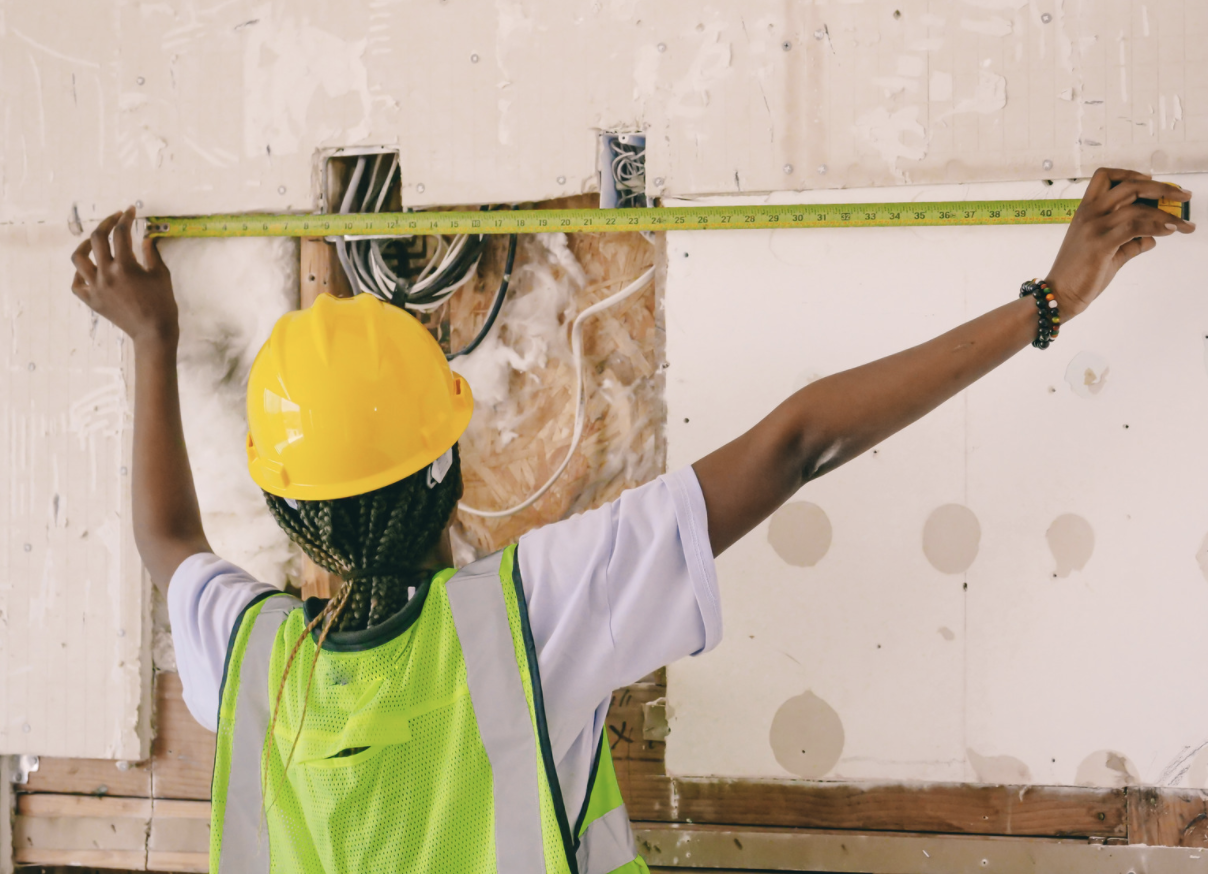Social Security Disability for Herniated Discs
If you have been diagnosed with a herniated disc, you may suffer severe pain and limitations that impact your daily activities as well as your ability to work.
Due to activity restrictions from a herniated disc, and inability to work, the Social Security Administration may grant those with a herniated disc disability benefits.
Sometimes called a ruptured disc, a herniated disc is caused from the cushioning material being pressed out of its position from in between the two vertebrae that permits irritations of the nerves letting them get pinched near the discs, causing compression and irritation.
Herniated discs can result from the gradual deterioration from repetitive spine stress or something sudden like an accident. The symptoms resulting from a herniated disc can have a major impact on your life because of the severe pain, numbness and tingling, and negative effects on your mobility.
Herniated discs are one of the spine disorders that qualify for disability benefits.
Impacting Your Ability to Work
Because of the severity of the pain caused by herniated discs, it can have a major impact on your ability to work. Herniated discs can cause debilitating pain that radiates down the legs.
Due to the severity of the severity of the pain, your mobility can be impacted and you may not be able to stand or sit in the same position for long periods.
The numbness and tingling can impact your ability to function as well. You may find it difficult to do your regular tasks, such as bathing or dressing yourself because of the severity of the symptoms. You may require a cane or walker to be mobile or a wheelchair may be necessary.
Because of the severity of the pain, you may be prescribed narcotics. These have side effects that include drowsiness, dizziness, and the inability to drive or operate machinery. Intensive physical therapy and rehabilitation may also be necessary.
Surgery may be required, but it is not always effective in resolving the issue and you may still suffer from debilitating pain, tingling, and numbness. All of these symptoms can keep you from lifting, carrying, bending, and standing, potentially qualifying you for disability.
In order to qualify for disability, you will need to see if your symptoms and medical evidence matches a listing in the SSA's Blue Book.
The Blue Book is the list of conditions that qualify for disability. Because of the major impacts on your mobility, you are very limited in your functioning and your entire life is altered because of the injury.

If you have a herniated disc, one of the top things that you should not do with it is to sit down for long periods of time. When you sit, especially if you sit a lot because of your profession, that puts a lot of stress on your spinal discs.
Having poor posture, like slouching forward in your seat can make your herniated disc worse. To help alleviate some of the pain caused by a herniated disc it is recommended that you do the following:
- Stand up and move round during the work day
- Maintain good posture while sitting
- Have some support for your lower back, like a pillow
If you work a desk job, sitting for long periods of time may seem unavoidable, however if you are experiencing herniated, you should not sit down for long periods of time.
periods of time.
You should avoid exercises that put a lot of stress on your spinal discs, those exercises include running and jump roping. You should also avoid exercises that put a lot of strain on your lower back such as squats and deadlifts.
If your herniated disc is so severe that you cannot perform your daily activities like you could before and if you believe that it will force you to be out of work for at least 12 months, then you may be able to qualify for disability.
Lifting Restrictions with a Herniated Disc
You should consult with your boss first to see what kind of restrictions should be in place for lifting objects. You should only lift what you are comfortable with and will not help aggravate the pain from your herniated disc and make it worse.
This could take some trial and error to see what kind of objects you lift trigger the pain in your spinal discs causing the herniated disc.
You should also talk to your doctor as well to see if he or she has any recommendations for lifting restrictions for your job because of your herniated disc.
If your herniated disc is so severe that you are unable to work and perform the normal duties of your job, such as lifting objects then you may want to file a claim for Social Security Disability Insurance.

What Should You Not Do With A Herniated Disc
During recovery, a person with a disc herniation should avoid heavy lifting, unexpected back strain, or repetitive rigorous activity. All exercises that produce discomfort or feel like they are making the pain worse should be avoided. Some everyday activities that should be avoided/limited include:
- Sitting for long periods of time: Sitting, especially when slouching forward in a seat, puts more strain on your spinal discs. 1 When possible, stand up, move around, or lie down to relieve pain from a herniated disc in the lumbar spine (lower back).
- Doing laundry: Your lower back is put under a lot of strain when you're doing laundry. If possible, enlist the assistance of a friend or family member to complete this work until your back feels better.
- Strenuous exercise: While exercise is still encouraged, stay away from high-impact exercises and other movements that put undue strain on your spinal discs. Squats and leg presses, for example, require significant axial pressure on the lower back.
- Lifting heavy boxes
Limitations for Specific Jobs
If you are suffering from herniated discs, you will not be able to perform manufacturing or construction jobs that involve lifting, carrying, and bodily labor because of the pain experienced.
You can’t operate heavy equipment or machinery because your pain medication may cause drowsiness and dizziness that impacts your ability to act in time to prevent an accident.
You may be unable to perform light-duty or sedentary work because of the pain and numbness you experience in your back and legs while sitting. The pain can also radiate into your arms and hands limiting your ability to write or performing fingering tasks.
You wouldn’t be able to be a commercial driver because of the pain experienced and because of the impact of the pain medications on your functioning.
Because of your disability, you wouldn’t be able to work as a firefighter or police officer because your condition will inhibit your ability to perform your job requirements.
Jobs such as reporters are impossible because of the walking, standing, and driving required to gather the stories and then your medication may make it impossible for you to drive.
So because of your condition and its treatment, you can be unable to perform any kind of work, thus you are rendered disabled because of the herniated discs.
2 Minutes To See If You Qualify
If you are ready to apply for Social Security disability benefits, you have several different ways to start the process. You can begin the application by going online to the SSA website at ssa.gov or by calling the SSA at 1-800-772-1213.
You can get the process started in person at your nearest Social Security office. You need to provide as much medical records and documentation as possible to support your claim.
The process can complicating and requires thorough answers, so if you are represented by a disability attorney or get help from a Social Security disability advocate, you are much more likely to have your claim approved. Your claim can be denied benefits, but those decisions can be appealed.
If your herniated disc is impacting your ability to work, you could be eligible for Social Security benefits. Take our free disability evaluation today to find out more.
Considering applying for Social Security disability benefits but not sure how much you’ll earn per month? Our SSDI Calculator can help you determine how much you’ll receive from the SSA before you file for disability
5 Signs Your Claim for Disability Benefits May Be Approved With a Herniated Disc Tips On Qualifying For Disability Benefits With A Herniated Disc |